The faux apologia of Seun Osewa
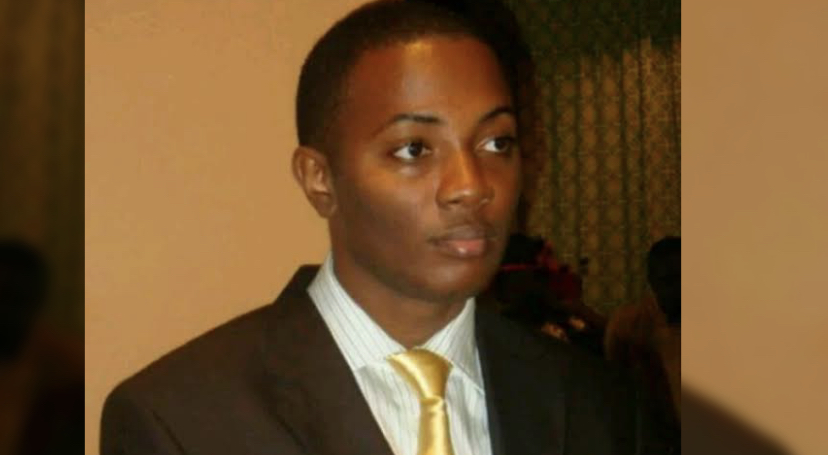
On or around March 20, 2023, two days after the ballot into the offices of state governors and state legislators, which took place on 18 March, Seun Osewa issued what he ostentatiously titled “An Apology to the Igbo People of Nigeria.” A 40-year-old graduate of one of Nigeria’s best universities, the Obafemi Awolowo University, in Ile-Ife, Osun State, Mr Osewa is best known as the mind behind Nairaland, the rumbunctious digital bulletin board where Nigerians trade all manner of things on the ether, from the sublime to the egregious.
Addressed to “the Igbo People”, the statement claimed to “sincerely apologise for allowing a toxic political banner advert which said ‘Lagos can never be run from Anambra; go and vote’ to run on Nairaland for several hours on Wednesday, March 15, 2023.”
It described the advertisement as “an ethnically divisive political campaign aimed at securing Lagos State for the ruling party by instilling fear in Yoruba people, making them believe that Igbo people intended to ‘take over’ Lagos State.”
Mr Osewa ultimately blamed the advert on the absence of “clear policy against accepting negative and ethnically divisive ads on Nairaland” before generously disclosing that having made N16,000 (sixteen thousand Naira) from the advert, he will “double it and donate it to victims of political violence in Lagos.”
It is not entirely clear what Mr Osewa hoped to achieve with his “apology”. The response he got was anything but generous. Journalist Fisayo Soyombo accused him of being among people who are “led by their pockets.” Techpreneur Osaretin Asemota dismissed the release as “performative nonsense”. Chibuzor Okoronkwo accused Mr Osewa’s release of “putting more salt to the injury.”
Mr Osewa’s apology hardly helped its author. First, it came from a place that hardly abjured collective punishment on grounds of immutable identity. Ethnic politics may be de rigeur but, in Nigeria, Igbos don’t have a right to vote; citizens do. Those citizens come from any number of over 389 ethnicities and over 500 language groups. No ethnic group votes as a herd in Nigeria. Dozie Ikedife Jr. campaigned for Bola Tinubu just as Rinu Oduala supported Peter Obi.
Second, Mr Osewa clearly conflated ethnic identity with political opinion, ending up with a determinism that equates one with the other. It was immaterial that the ruling APC had high-level support from such people as the incumbent governors of Ebonyi and Imo States as well as past governors of Abia and Enugu States, all of them Igbo. The people who set out to suppress the votes of Igbos in Lagos did so by rejecting the political autonomy of the citizen requiring them manu militari to either renounce their ethnic identity or immolate their civic agency.
Third, Mr Osewa appeared to assume that ethnic profiling can be attained with neat precision, which is far from the case because you sooner or later discover that many people look alike across lines of situational division. On the day of the state-level election in Lagos, Iyanuoluwa Bolarinwa, a name that is unlikely to make the bearer Igbo, reported that she was “told to go back to Anambra”, one of the Igbo States, before being “rough handled, beaten and sent out because I look Igbo? Because I was not going to vote APC?”
Popular Youtuber, Sisi Yemmie, reported that party political heavies precluded her and her husband from voting because they were said to “look like Igbo people.” Mr Osewa’s “apology to the Igbo people of Nigeria” did not extend to people like Sisi Yemmie or Iyanuoluwa, neither of whom is Igbo but both of whom suffered violence because of the kind of poison that he sold.
As if to add the salt of mirth to the injury and hurt from his advertisement, Mr. Osewa then promised to donate N32,000 (thirty-two thousand Naira) to the “victims of political violence in Lagos.” Impressively, this part of Mr Osewa’s release is the only one addressed to “victims”, an implicit concession that the class of the injured may have gone beyond the ethnic identity group of his target. Yet, he seems to assume that the victims are a coherent group, organised with a bank account in this season of no cash and that their injuries can be cured by unconcealed hubris from the authors of their civic liquidation.
On any of these metrics, Mr Osewa was probably best advised not to have bothered to issue his release. Without it, many people may have been willing to overlook the advertisement on Nairaland. After this release, most people will have few doubts as to where to place him.
Mr Osewa’s flippancy is characteristic of the people who instigated the ethnic violence and profiling or see themselves benefiting from it. They want to turn the page as if nothing happened and quickly move on, summoning everyone along with dubious appeals to fatuous patriotism. Mr. Osewa’s “apology to Igbo People” ended with him asking his readers to “NOT give up on Nigeria”, with the promise that “TOGETHER we will overcome.” The capital letters are original to him. It is not clear, however, where he gets his collective pronoun to voice a promise he’s not in a position to make.
Like Mr Osewa, Lagos State Governor Babajide Sanwo-Olu, basking in the afterglow of re-election, swiftly appealed to “a spirit of solidarity and togetherness that binds us as Lagosians.” His principal, Asiwaju Bola Ahmed Tinubu, claimed to be “pained by cases of ethnic slurs, which are capable of creating needless mis-characterisation reported in some locations.”
The victims, understandably, are slow to make haste. They must bury their dead, bind their wounds, immortalise their scars, re-discover dignity, and then wonder whether they belong to the country that invites them to healing and patriotism only when it is convenient. In the cycle of Nigeria’s elections, patriotism can have a shelf life of the 90-minute duration of a football match involving the men’s national team. In any case, it must be furloughed in the year preceding elections.
The reality is no one ever moves on from this kind of violence. The perpetrators see the benefit for themselves in the humiliations and exclusions they can inflict, which come with munificent benefits in propinquity to power thereafter. Far from being humbled, their impunity emboldens them. The victims nurse their traumas, which many of their generations will inherit from them.
This is why election violence in Nigeria is chronic. As the Sheikh Lemu Presidential Panel Report on post-election violence (which remains classified) of 2011 makes clear, violence and ethnic profiling have “continually featured in almost all elections in Nigeria since the first election that was conducted in 1922. The temptation is to suggest that election violence is deeply embedded in the Nigerian political culture.”
This should make it obvious that ethnic profiling and accompanying violence of the sort that characterised these elections and necessitated Mr Osewa’s faux apologia is not a fate for Nigeria. It is a century-old choice. The divisions that sustain this pathology are so essential to the DNA of power and politics in Nigeria that those declared winners do not have any incentives to bring it to an end. The narrative of an inter-ethnic zero-sum game is profitable.
In strictly material terms, you can see their point. For Mr Osewa, the cost is a promise to contribute N32,000 to a non-existent fund or entity. In a country where the citizens or politicians are ready to bring this nonsense to an end, Mr Osewa will not have the courage to rub this salt into the injury that he propagated.
A lawyer and a teacher, Odinkalu can be reached at chidi.odinkalu@tufts.edu
We have recently deactivated our website's comment provider in favour of other channels of distribution and commentary. We encourage you to join the conversation on our stories via our Facebook, Twitter and other social media pages.
More from Peoples Gazette

Politics
Katsina youths pledge to deliver over 2 million votes to Atiku
“Katsina State is Atiku’s political base because it is his second home.”
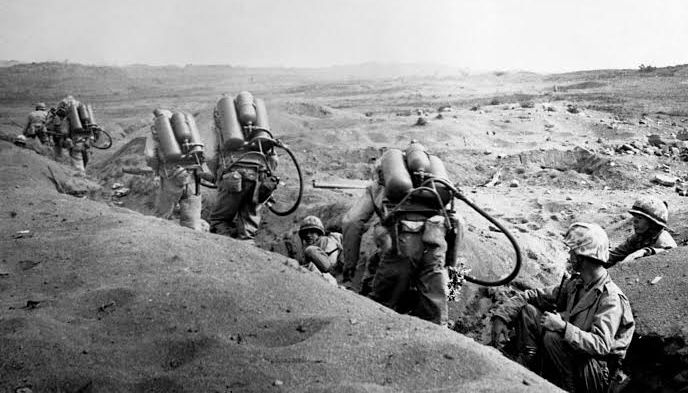
Opinion
Azu Ishiekwene: Is World War III coming?
Global institutions expected to keep the fragile balance for peace have almost all broken down, and all five veto-wielding members of the UN have gone rogue.
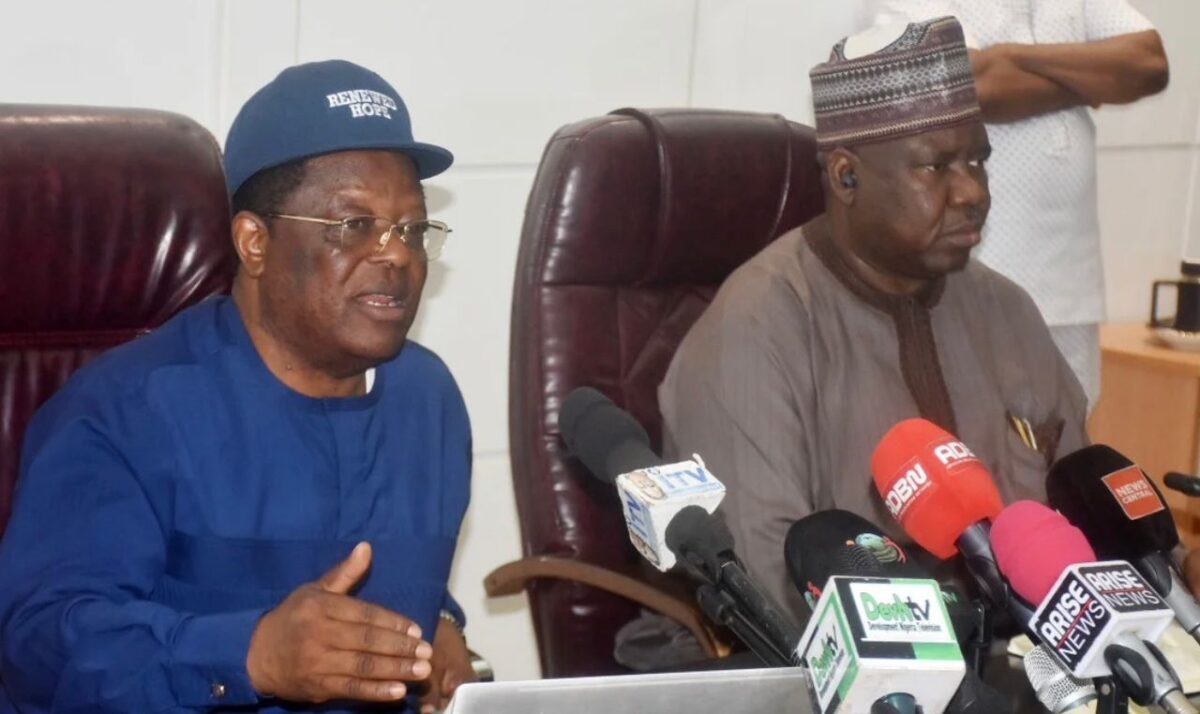
States
Lagos-Calabar Highway: FG inaugurates committee to compensate property owners
The Minister of Works, David Umahi, inaugurated the committee in Abuja and said the goal was to ensure transparency in all undertakings.
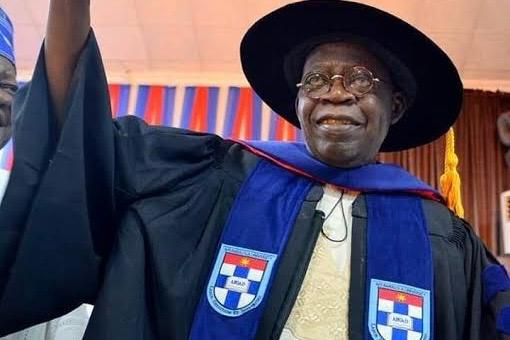
Education
Tinubu’s Student Loan Scheme: 1.2 million youths in first batch of beneficiaries
“The school fee will be paid to the institution on behalf of the student and the stipend directly to student’s account,” NELFUND said.
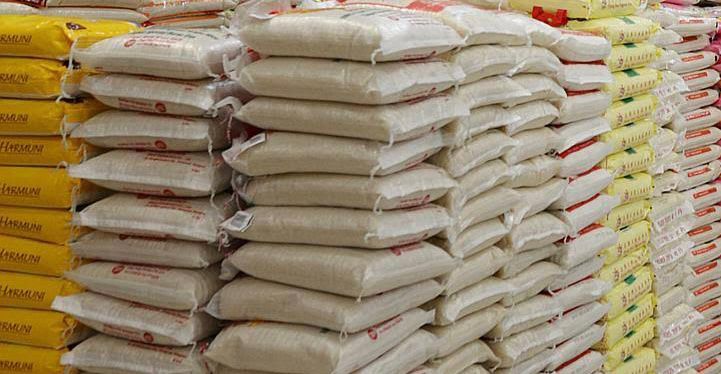
Abuja
FCCPC seals off Abuja supermarket, evacuates 97 bags of substandard rice
Sealing off the supermarket, the acting executive vice chairman of FCCPC, Adamu Abdullahi, described the situation as unacceptable.
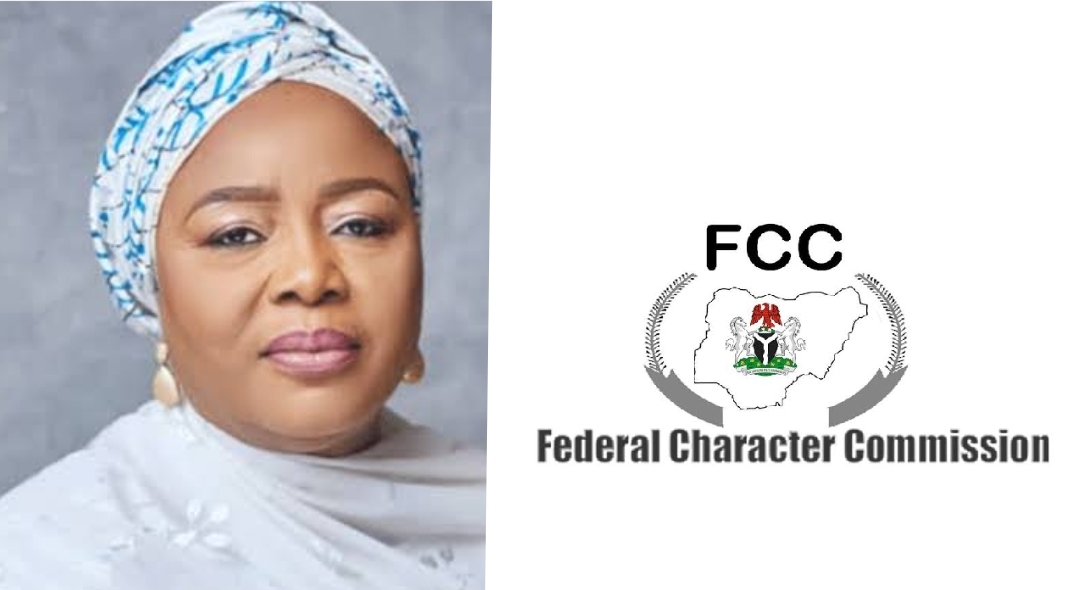
Education
FCC boss angry as CEOs of educational agencies ignore him
Muheeba Dankaka, FCC chairwoman, expressed disappointment over the absence of the chief executives of the bodies.
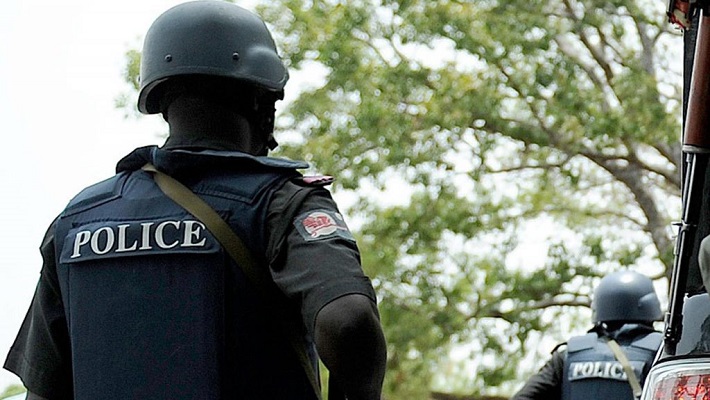
NationWide
FG seeks German government’s cooperation to reform Nigerian police
The minister commended the German government for its support towards enhancing police capabilities in the country.








